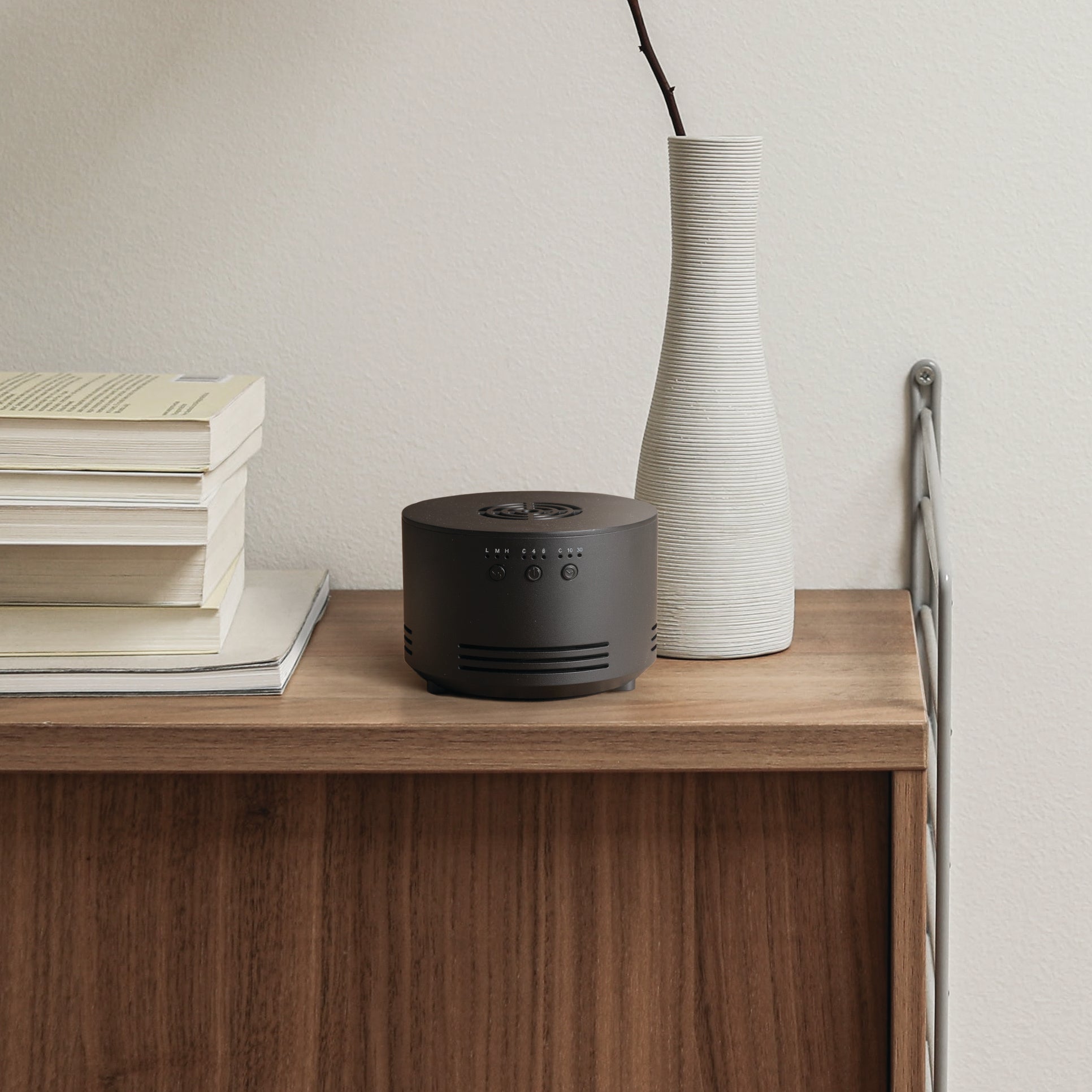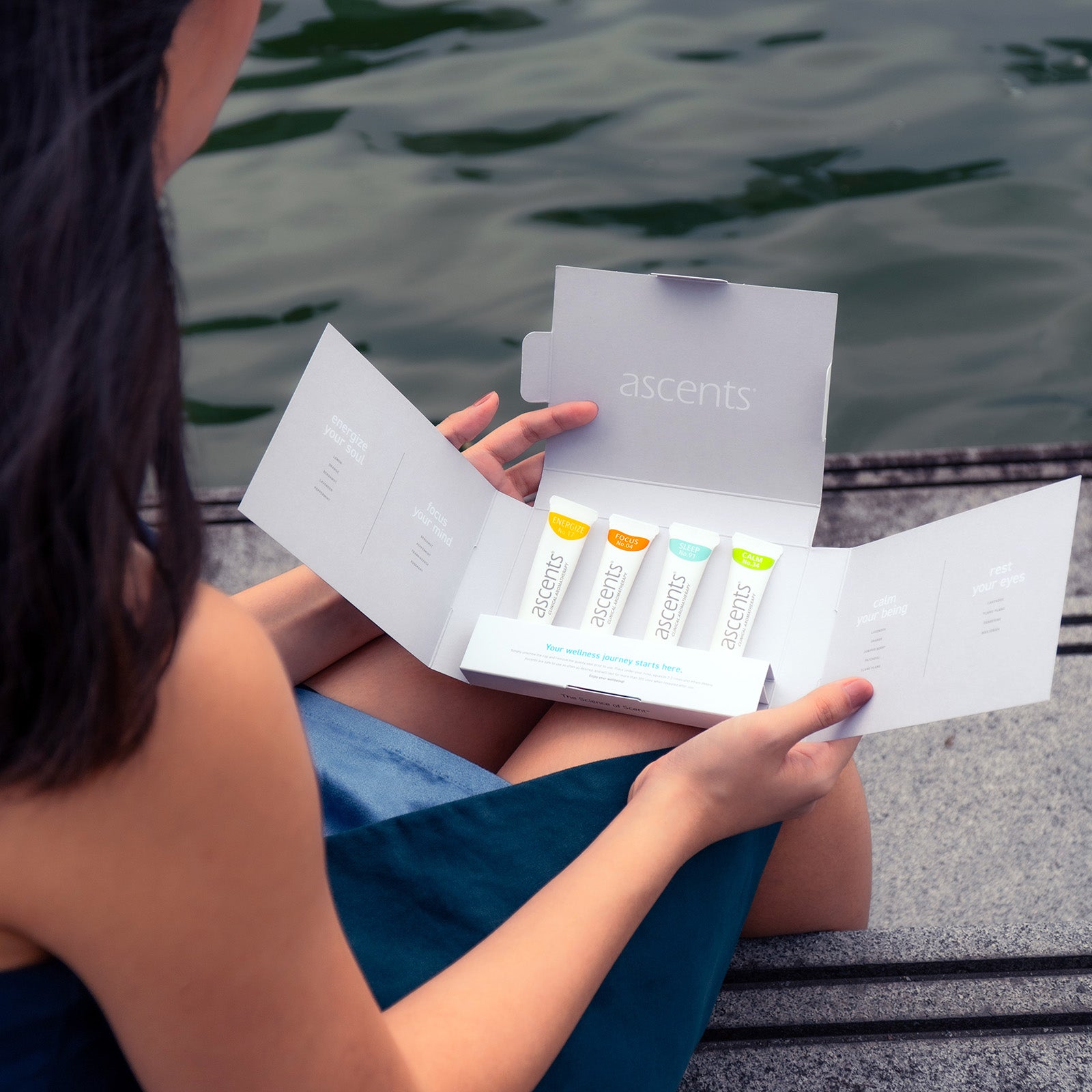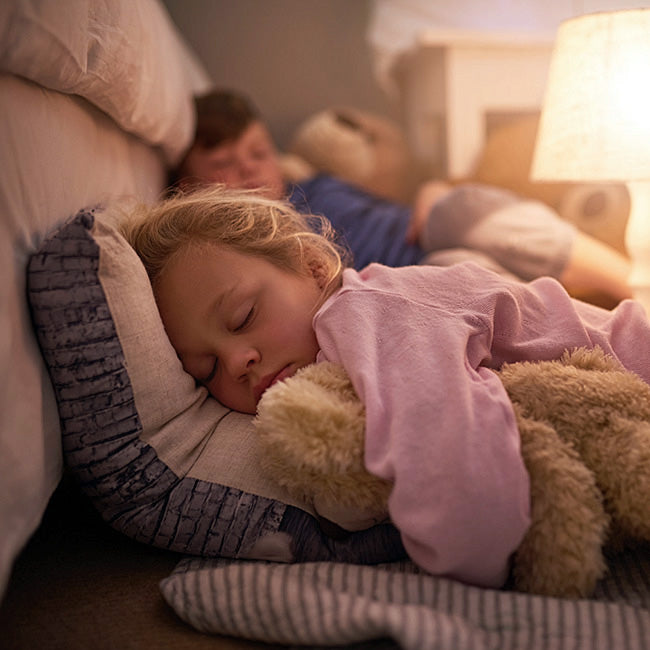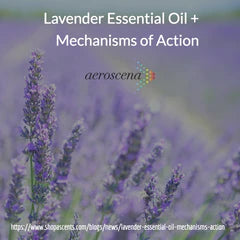
Yes, the Use of Essential Oils in Hospital Settings Can Be Dangerous
But not all essential oil treatment protocols were created equal.
The Aeroscena® marketing team recently came across an article in Contagion Live written by Saskia V. Popescu (MPH, MA, CIC, and hospital epidemiologist) detailing the potential risks of utilizing essential oils in clinical settings. Since our core business is the appropriate use of essential oils as a legitimate modality of treatment in clinical settings, we had to dig in and understand the concerns of the author.
An infectious disease — drug-resistant XDR-PA — spread throughout the 1600-bed University Hospital of Innsbruck, and the investigation that followed pointed to the use of a contaminated bottle of essential oil that had been colonized with bacteria after being used across multiple patients. The oil was being used to calm anxiety, effectively, in patients. Many oils have anti-microbial and anti-bacterial properties, but their containers and delivery hardware do not. This is a legitimate reason for concern, especially when a well-intentioned caregiver has such limited options for providing these powerful substances to patients.
 This issue — the potential for cross-contamination and infection in vulnerable patients within clinical settings — should absolutely be a concern, and why we developed Ascents® personal aromatherapy inhalers. They’re loved by nurses and other first-line health professionals for a reason. There is no messy measurement of oil, no cotton balls in a zip-top bag, no risk of skin reactions that can occur due to direct application on patients, and most importantly, no risk of contamination or bacterial colonization coming from shared use. The inhalers are designed for single patient use only, contain no visible liquid, and require only a simple “flip” of the matchbook-style cover to operate. Patients are able to self-administer, too, as there is no risk of overdose or injury. In sum, Ascents® essential oil inhalers are quality-controlled, consistent, and easy to use.
This issue — the potential for cross-contamination and infection in vulnerable patients within clinical settings — should absolutely be a concern, and why we developed Ascents® personal aromatherapy inhalers. They’re loved by nurses and other first-line health professionals for a reason. There is no messy measurement of oil, no cotton balls in a zip-top bag, no risk of skin reactions that can occur due to direct application on patients, and most importantly, no risk of contamination or bacterial colonization coming from shared use. The inhalers are designed for single patient use only, contain no visible liquid, and require only a simple “flip” of the matchbook-style cover to operate. Patients are able to self-administer, too, as there is no risk of overdose or injury. In sum, Ascents® essential oil inhalers are quality-controlled, consistent, and easy to use.
In the same article, Ms Popescu also detailed the reasons why water-based essential oil diffusers can be a poor choice in hospital settings, writing that they “may pose a challenge for disinfection and put patient(s) at risk for waterborne infections with pathogens such as Legionella or P. aeruginosa.”
We have known for many years that water-based diffusion systems should NOT be used in hospital settings; this also applies to consumers and their home diffusion systems. They are difficult to clean, nearly impossible to sanitize, and depending on the diffuser, the heat required to create the diffused mist can alter the therapeutic compounds that make essential oils effective in the first place. Water (especially in combination with heat) encourages bacteria and viruses to grow and proliferate, ultimately being pushed into the air and onto whatever surfaces they eventually land — including the bodies of patients and even the cleanest clinician hands. To put it plainly, water-based essential oil diffusion systems are dangerous in clinical settings and can spread germs.
 This danger of infection is one of the primary reasons why we created our proprietary system for the cold diffusion of essential oils — (what should be) the stringent hygiene requirements of hospitals. The Ascents® system consists of a cartridge containing a 100% natural polymer “gel” that suspends the essential oils within. Once the gel is locked into place, the diffuser gently diffuses the oil via fan as the oils are released from the gel over the course of about 30 days. There is no water and no measuring. The diffuser is “closed” — it is only opened to replace the gel. There are multiple settings for duration and scent intensity. And, there is no maintenance; Ascents® Gels are simply discarded and replaced within the recommended timeframe.
This danger of infection is one of the primary reasons why we created our proprietary system for the cold diffusion of essential oils — (what should be) the stringent hygiene requirements of hospitals. The Ascents® system consists of a cartridge containing a 100% natural polymer “gel” that suspends the essential oils within. Once the gel is locked into place, the diffuser gently diffuses the oil via fan as the oils are released from the gel over the course of about 30 days. There is no water and no measuring. The diffuser is “closed” — it is only opened to replace the gel. There are multiple settings for duration and scent intensity. And, there is no maintenance; Ascents® Gels are simply discarded and replaced within the recommended timeframe.
We are grateful to authors like Ms Popescu who expose the dangers of the inappropriate use of essential oils because we too are aware of them, putting them at the center of our development process. Designed from scratch for use by medical professionals first and foremost, we eliminate the risks associated with the “hardware” of aroma/phytotherapy, just like our use of data and clinical trials eliminates the risk of inappropriate oils, contaminants and poor quality of the “software” or oils themselves.
At Aeroscena®, our number one priority will always be the development of aromatherapy protocols that are 100% safe and efficacious for the intended patient populations. Clinicians should rest assured that Aeroscena® will continue its research around essential oils to further the dissemination of information that is backed by science. At the same time, we will persist in fighting the good fight against the misinformation that exists in the market and media regarding essential oils.








Leave a comment
This site is protected by hCaptcha and the hCaptcha Privacy Policy and Terms of Service apply.